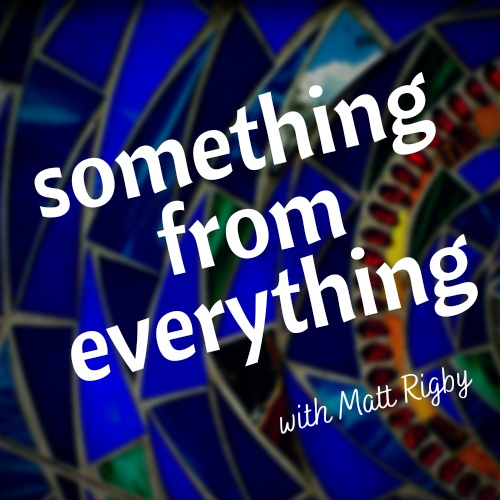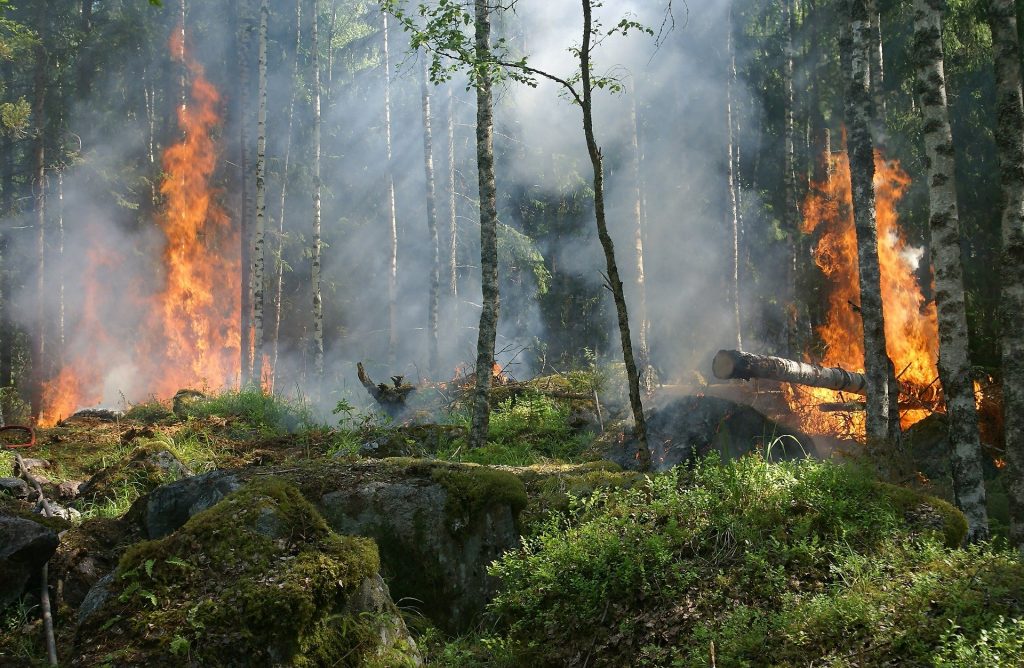For weeks I’ve been frowning at red licence plates.
This would likely be true at the beginning of any summer season. I live in British Columbia, in a popular vacation spot close to lakes, beaches, and (usually) long, hot, sun saturated summer days. Each spring we have an influx of neighbouring Albertans. Albertan vehicles (with their red lettered license plates) surround in suddenly congested highways, beach parking lots and campsites. Glowering at Alberta licence plates seems to be a favorite seasonal pastime among many Okanagan residents. And I have to admit, despite coming from the land of red plates myself… I’m scowling too.
This year, we might have good reason to scowl.
While British Columbia might have started with a significant outbreak of COVID-19 cases, it is Alberta that has been the black sheep of Western provinces for a while now. As British Columbia’s numbers of new infections continued to steady or decline, Alberta continued to report multiple exposures in care homes in Calgary, multiple meat processing plants in southern Alberta, and most recently a significant outbreak at a hospital in Edmonton. Despite similar populations, Alberta’s infection numbers are more than double that of BC’s.
It has been easy to feel a little smug about those numbers, especially if you live in the interior of British Columbia. For weeks, we sat at a comfortable one to two active cases between the entire region, exact location of infections unknown. Those paltry numbers, and the wide region they existed within, were just enough to feel that our communities were once again safe. For us to regain some security in seeing our friends again, sitting down on a sunny restaurant patio again, and beginning to return to a normal life.
In those weeks, (if we were talking about it at all) we were talking about the virus elsewhere. Either in the future (the dreaded phase 2), or the problem “over there”. For those in Vancouver or the Lower Mainland. For those in Alberta. For those in Ontario and Quebec. For those in the United States.
All of that was shattered a few days ago when it was revealed that a number of private Canada Parties had resulted in new and spreading outbreaks within my home city of Kelowna. Suddenly the problem “over there” came here. Future problems became present. Someone else’ problem became ours. And when 6 of the 8 people first identified as infected turned out to be non Okanagan residents (including those from the Lower Mainland and Alberta), we knew exactly who to scowl at.
But that’s not entirely correct, is it?
Our current outbreak is not due entirely to foreign, malicious forces descending on our sleepy, Covid-free town and region, is it? Careless intruders that come to our region, spread their virus and leave? Certainly much has been said about the conditions where these outbreaks occurred: large groups of people indoors, mixed groups of friends and strangers, people moving between tables in restaurants, inadequate physical distancing and mask use. But these conditions existed elsewhere before Canada Day, and on plenty of days before and since. It continues even now in the midst of our local outbreak.
We shouldn’t be surprised that outsiders would be a focus of this outbreak (or any outbreak). Our freedom, our security and our health is once again threatened, and that fear and anger has to go somewhere. That’s how blame works. It allows a release valve, but at the cost of only giving us a part of the picture. Can we pretend, even for a moment, to be faultless in these infections? Mask use in enclosed spaces still remains surprisingly low. Physical distancing and small social bubbles are still being ignored. Why? Perhaps because we have believed it a problem “over there”. Someone else’s problem.
A great illustration of this idea is our view of the current spread of the Coronavirus in the United States. Like so many of us, I have been watching the explosive spread with a detached and morbid fascination. As I write this, Florida is surpassing more than 11,000 new cases per day. Texas is not far behind that. The United States added over 71,000 new cases (and that number will certainly be outdated by the time you read these words. These numbers should terrify me. Do terrify me. But too often I look at them as if they are happening to some far away, disconnected place. As if I didn’t live a mere two hours away from Washington State. As if the Canada/ US border would never reopen.
One Twitter user, @ericonederful suggested that “The rest of the world is watching America like America watched Tiger King”, but I prefer @stevieoakley’s take: “I bet Canada feels like they live in the Apartment above a Meth Lab right about now”.
The truth is, whether we are talking about the exponential rise of cases in the United States, or local outbreaks in the lower mainland, Calgary, or Edmonton, we are all far too interconnected for us to think of this as a problem “over there”. To think of this as someone else’s problem.
I understand the function of compartmentalizing our threats, I really do. It’s hard to live in the shadow of an ever present threat. But thinking of this virus as someone else’s problem, or a problem for “over there” is both lazy and dangerous. We are more intelligent than that. At best, we have always been a short drive, a plane’s landing, a private indoor party away from a new outbreak in our region. It doesn’t mean we need to attempt to cut all ties and live in fearful isolation. But it does mean that we need to live with a constant awareness of the fragility of our community’s health.
One of the many lessons this pandemic is teaching us is that there is no such thing as a disconnected world. Even with many restrictions and recommendations in place, we are still in partnership with so many. For better or for worse, in sickness and in health, we are all connected. These may not have been the vows we have taken with people we have never met, living provinces, states, or countries away, but it is no less true.
The problem can never really be just “over there”. Someone else’ problem.
It is our problem now.
Really, it always was.


July 23, 2020 at 10:10 pm
Another insightful post! From one concerned Alberta to another former Albertan – really we ARE all one people even if we are geographically divided by provinces, states and countries. How we act in these times will determine how we come out of this, and when.